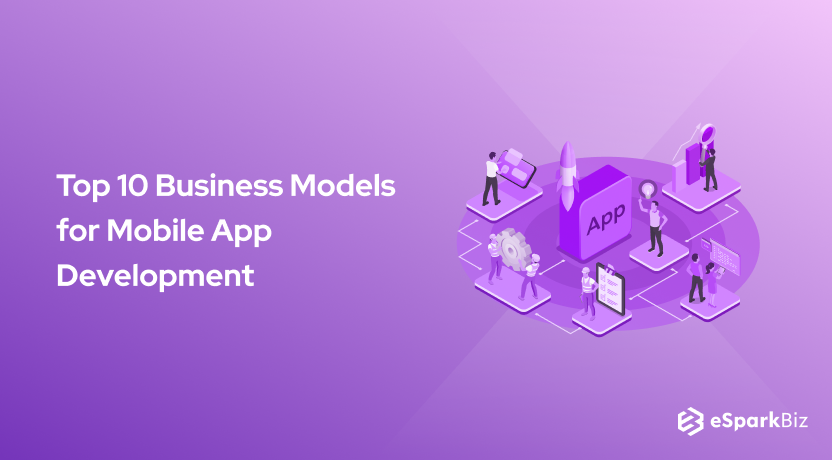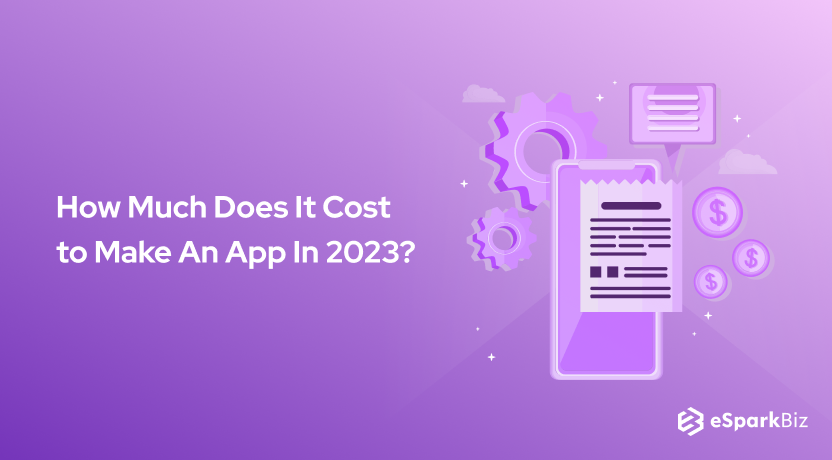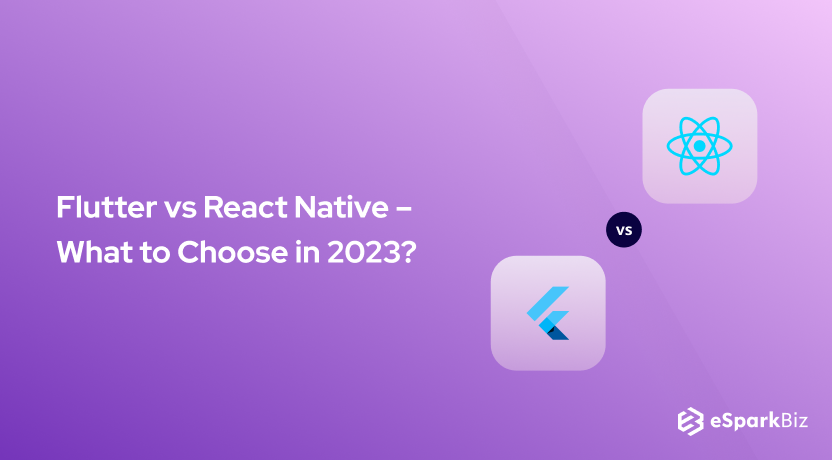The smartphone sector has seen a tremendous boom in the past years. With companies launching affordable phones and having a wide distribution network, they have been able to penetrate the markets exponentially and reach every sector of the economy.
If mobiles are the engines, apps are its fuel. In probable circumstances, you must be reading this article through an app!
Now, developing an app sure costs money and resources. Naturally, anyone who develops an app will want to have a source of revenue from the same. With advancements and innovations, a bunch of possibilities have opened up to make this a reality.
Developing an app yourself and facing the dilemma of which business model to apply? Let us analyse all the available options of Business Models for Mobile Application, one after the other, to make the right choice.
Freemium models

More than 7 billion people populate our world. Naturally, more people are inclined towards things that are free than what is paid.
The freemium model allows the developers to get a massive user base because it’s free for the user.
For the revenue, it offers the option for users to enhance their experience through purchases and subscriptions within the app, also called in-app purchases.
Do note that only around 2% of the users will get converted in the best case, but the other 98% help you reach the potential audience. The reach makes the model very powerful and is widely popular for games and other mobile applications
Advertisements
Digital advertisements have become widely prevalent and easy to integrate. Several platforms like Google Ads allow app developers to run ads in their app’s interface and earn money out of it.
It is a great business model, and developers need not demand money from the users, while they can generate decent revenues.
Although, earnings per user is quite minimal unless too many ads are pushed. Doing that hampers the user experience and also drives them away. Hence, the success of this model relies on a wide user base.
Subscription/ SaaS Model
This business model relies on users buying the app subscription in exchange for its services. With the rise of OTT apps like Netflix and Amazon Prime, this model has gained prominence quickly.
Explaining it in simple words, the users will pay a certain amount of money on a monthly or annual basis, and the users can access the app properly,i.e, without being disturbed by ads.
This model is widely popular for video-streaming, music, and e-book related applications. You can also adopt a free trial period or keep some of the content free for everyone to lure more customers.
Also Read : A-Z Information About The SaaS Pricing Models SaaS Pricing Models
Sponsorships
Start-ups these days are in the continual hunt to attract new customers. It has led them to adopt varied marketing techniques, sponsorships being one of those.
They pay a certain sum of money to collaborate with the app to initiate or integrate their campaign in their app. For this, your app should have a large user base or a great reach in a niche-specific group.
Example: Zomato displaying the restaurants it has partnered with on top of its application to incite more orders from these restaurants.
Affiliate Marketing

Affiliate Marketing is a simple business model. Most e-commerce apps like Amazon and Flipkart offer affiliate memberships for their platforms.
If a sale is made through the affiliate member’s link on the e-commerce website, the member receives a certain percentage as commission. It allows the app developers to earn decent money without hampering the user experience with ads or compel them to pay.
Nowadays, affiliate marketing has established its existence in several other types of businesses apart from e-commerce. This model can be easily applied by reviewers or apps that can influence decisions.
E-commerce applications
Selling on the internet has very quickly become a thing. One can order anything and everything from books, mobiles to even food and medicine online.
Thus, this opens us a wide opportunity to develop a business model around the same. You can either choose to sell your products or allow other sellers to list their products on your platform.
If you opt for the first option, there will profit margins for the products you sell. For the latter, you charge a certain percentage of commission from the seller.
This model has already proved its mettle, making Jeff Bezos the richest man on Earth for a considerable time.
Paid Apps
Both the well-known application stores in existence, the Google Play Store and App Store by Apple, allow app developers to list their apps on their platforms either for free or by paying a certain amount of money.
If you choose to make your app a paid one, you will earn money every time someone installs the app. Please note that both the App Store and Play Store charge 15% as commissions for all the sales made through their platforms for the first 1 million dollars each year.
If the revenues are more than a million dollars, Play Store charges 30% for everything beyond the million, while Apple shall levy 30% on the whole amount.
Although an attractive prospect, it limits your audience substantially. Developers should adopt this model only after proper market research based on extensive data.
Commissioned Apps
It is again a great business model available in our realms. Businesses need customers to keep thriving. Customers need assistance from various businesses for a bunch of their daily needs.
If you can act as an intermediary between the two parties through an app, both of them wouldn’t mind paying some extra money as commissions for the convenience your app provides.
Due to this, this model has gained popularity, and around 26% of developers are building apps this way, earning the lion’s share of 56% from the total revenue.
Selling the user data
With the advent of data science and data analytics, data has become a more prized possession than diamond and gold. Data can be used in several ways by organisations to generate results.
A simple example would be schools selling their students’ data, like their phone numbers and email addresses, to coaching institutes. The coaching institutes then use the data to know about the interests of the students and persuade them to attend their classes.
People have become too conscious of sharing their data, which is not wrong. Data is sensitive information, and this business model should be avoided if possible and only be used as a last resort.
Not having a business model
It may sound absurd, but it is a wide practice done on a large scale by app developers. These types of apps are mostly developed for non-profit motives, and the intention goes beyond money.
WhatsApp can be a prime example of this. For so many years, it has been running without a revenue model. Recently, they decided to sell some of the user’s data. It received a lot of resentments, and the move has been postponed for a while.
Some top mobile app development company also use this practice with plans to monetise their apps in the future. The central idea is to make the user so used to the app that they won’t mind paying some money in the future to use it.
This method is again not for everyone. Consider this only if you have the backing of revenues from some other business or have a large sum of capital money from angel investors. Otherwise, we will recommend you choose a proper business model.
Summing Up
So, which model shall you adopt? To be honest, there is no hard and fast rule, and every model has its advantages and limitations. Also, one can adopt more than one of these business models and integrate them. One shall only achieve the perfect option through trial and error or having extensive research data. I hope you found this article helpful!








